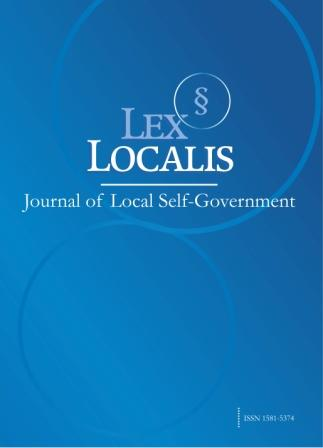Research on rail transit microcenter planning and Design under TOD Mode-- A case study of Dongfeng Station on Beijing Subway Line 3
DOI:
https://doi.org/10.52152/800127Keywords:
Urban Rail Transit; microcenter; Station-City Integration ; Transit-Oriented-Development;Abstract
In order to thoroughly implement the overall requirements of <Beijing Municipal Master Plan (2016-2035)>conductive to coordinated development of traffic and city, strengthen the integrated planning and construction of rail transit stations and surrounding land, and achieve the organic integration of rail transit facilities and urban functions, rail transit construction planning is combined to promote the close connection between rail transit station and surrounding land planning, form the coordinated development mechanism between the rail and the city, thereby improving the urban comprehensive service function effectively. This paper, by drawing from the design experience of integration project ‘Dongfeng Station Micro Center of Beijing Rail Transit Line No. 3’, from the aspects of urban function improvement and land composite utilization, explores the overall development path of underground and above-ground space for rail micro center and provides reference for more efficient, three-dimensional and intensive use of space resources of national land.
References
China Urban Rail Transit Association.Urban Rail Transit 2021 Annual Statistics and Analysis Report [J]. Urban Rail Transit,2022,(07):10-15.
Commentator of Beijing Daily. Translating the Grand Blueprint into Lively Practice [N]. Beijing Daily, 2017-09-29(005).
Promoting the integration of rail transit terminals and stations in Beijing to build a dynamic space with rail as the center [J]. Tunnel and Rail Transit,2022,(04):63.
SHAO Jizhong. Urban Underground Space Design [M]. Nanjing Southeast University Press: 201609.231.
Tokyo Metropolitan Government. Tokyo Metropolitan Economic Accounting (Gross Metropolitan Product) FY 2018 Annual Report [R]. Tokyo, 2021.
NIKKEN, Urban Activity[M]. Japan Architect.2017.
Mo Fei, Zhang Yanan, Xi Yang, Liu Chang. Integrated development of station and city: Design practice of Yizhuang Microcenter [J]. Beijing Planning and Construction, 2021(4): 65-70.
Feng Xipei, Zhang Yu, Wang Hongyang, Li Zehui, Xu Ning. Improvement of existing rail transit stations based on the concept of micro-center [J]. Urban Rapid Rail Transit,2021,34(03):52-57.
Beijing Urban Construction Design & Development Group Co., Ltd. Feasibility Study Report for Beijing Rail Transit Line 3 Project [R]. Beijing, 2013.
Sun Xueqi. Urban Design, Starting from a piece of land. Beijing Planning and Construction,2019(S1):56-57.
Regulatory Detailed Plan for CY00-1101 and 1102 Blocks, Dongba West District [Z].
NIKKEN plan station starts with the integrated development Association. Starting from the station integrated developmentof TOD46 charm.[M]. Japan Architect.2019.
Downloads
Published
Issue
Section
License
Copyright (c) 2025 Lex localis - Journal of Local Self-Government

This work is licensed under a Creative Commons Attribution-NonCommercial-NoDerivatives 4.0 International License.








